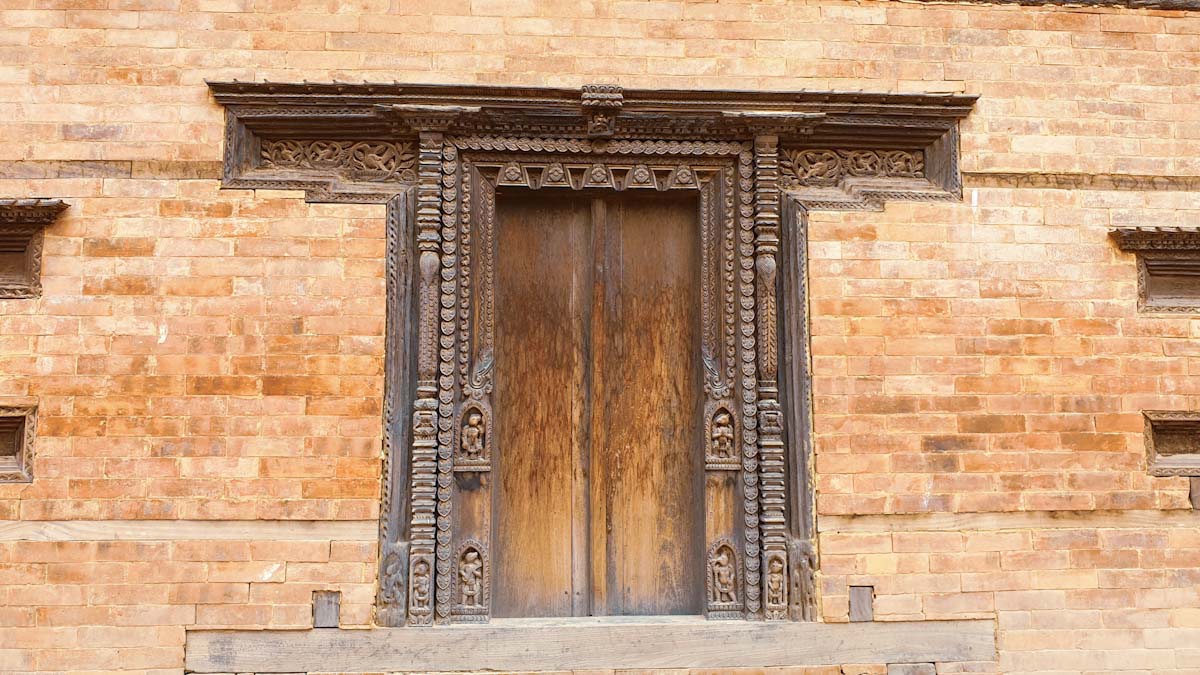
Do I Need to Tip in Nepal?
How much should I budget for tipping in Nepal?
Tipping in cafes and restaurants in Nepal
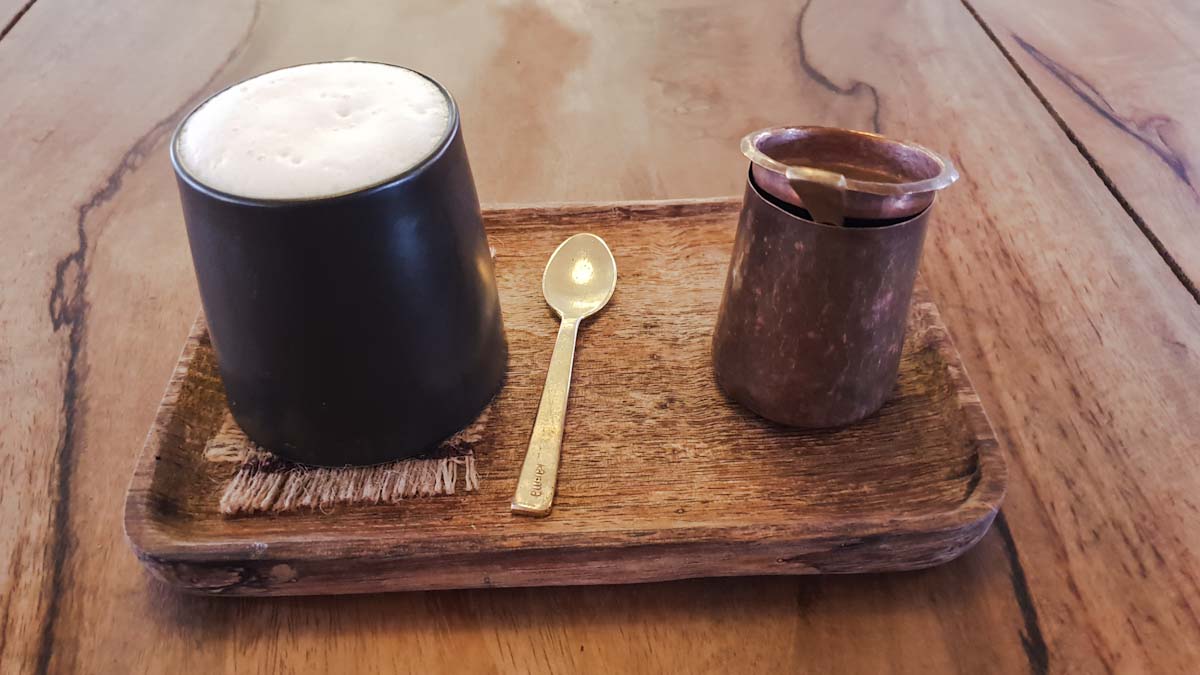
Tipping in hotels in Nepal
Book your stay at Traditional Comfort, Kathmandu right now before it all the rooms are gone
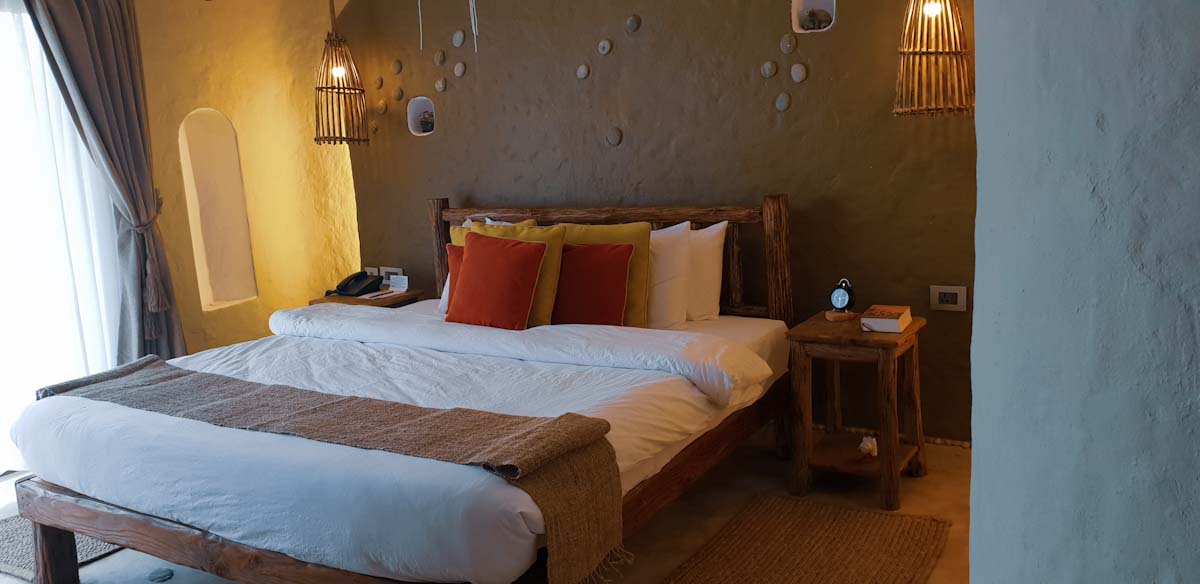
Tipping in a community homestay situation
What to tip your walking tour & day tour guide.
I’ve taken quite a few amazing tours in Kathmandu and Pokhara. Each one being invaluable in the things that we have experienced and discovered. I’m a huge believer in using local guides and locally run ethically & socially responsible tour operators. So it seems fitting to talk about tipping these guides, who are paid. I didn’t participate in any free walking tours in Nepal. On average I would suggest 200-300RPS for a tip for your walking tour and day tour guide. This covers a good western style cup of coffee, which I’ve also been known to cover for my guide as I’ve never just walked away from a walking tour in Nepal. The guides here are so friendly and just want to continue the conversation with you.
If you’d like to try some unique experiences and get a great feeling for Kathmandu I can highly recommend two experiences. Giving you the opportunity to feel the city, explore the city and generally being a traveller not a tourist on a bus. These experiences go for around 3 hours and should be done at the start of your Nepal adventure.
The Backstreet Academy Breakfast tour – $16USD – book here.
SocialTours cook like a local class – pay what you think it’s worth – book here.
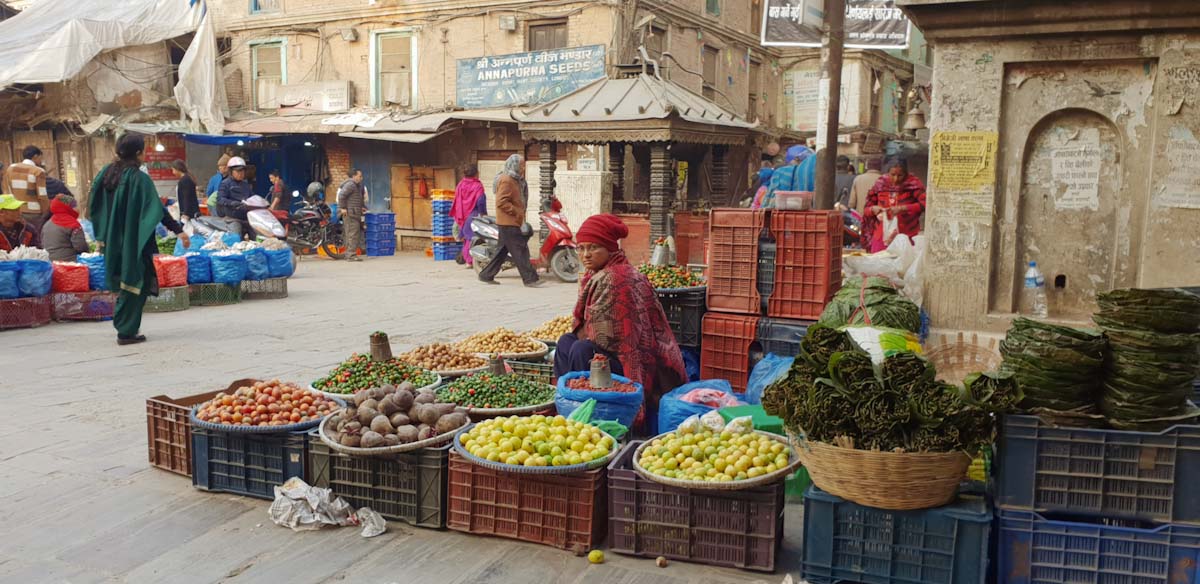
Tipping on a Nepal Trek
-The average monthly wage is $59 USD. This is an average and does not take into account the lower casts, who may not be in report able employment.
-The average family comprises of 4-5 people and has one person earning income.
-3 million children work to survive
-21,000 Nepalese girls are trafficked in Nepal and across the border each year.
Just a note on picking a trekking company – there are literally thousands of these companies in Nepal. In recent years the trekking company owners have realised that you can no longer just hope to capture trekkers at the airport or in Kathmandu. That a shiney website, with some pretty pictures is a minimum. During your research you’ll stumble across many of these, which have near identical information. It can be very difficult to choose an ethical trekking company. I highly recommend the team from Lokal Travel. This was the company which was used on my recently hosted trip to Nepal with HTM – I did the 5 day Annapurna Community Trek
A note on trekking travel insurance.
Many companies do not automatically cover you if you go above 3000mtrs in Nepal. I highly suggest that you check you current policy if you have already purchased travel insurance. I also suggest using a company like WorldNomads, who do cover trekking at altitude. The cost to be evacuated can run into the tens of thousands of USD! You don’t need to be summiting Everest to need altitude related travel insurance in Nepal. In April 2019 WorldNomads was responsible and covered 140 helicopter evacuations – that’s 4 a day! In the most recent 2019 trekking season, the percentage of travelers in Nepal who made a claim rose from 15% to 60%. Ouch! The stats are certainly no in your favour. You can read more about travel insurance fraud in Nepal from the New York Times
Buy your trekking travel insurance today.
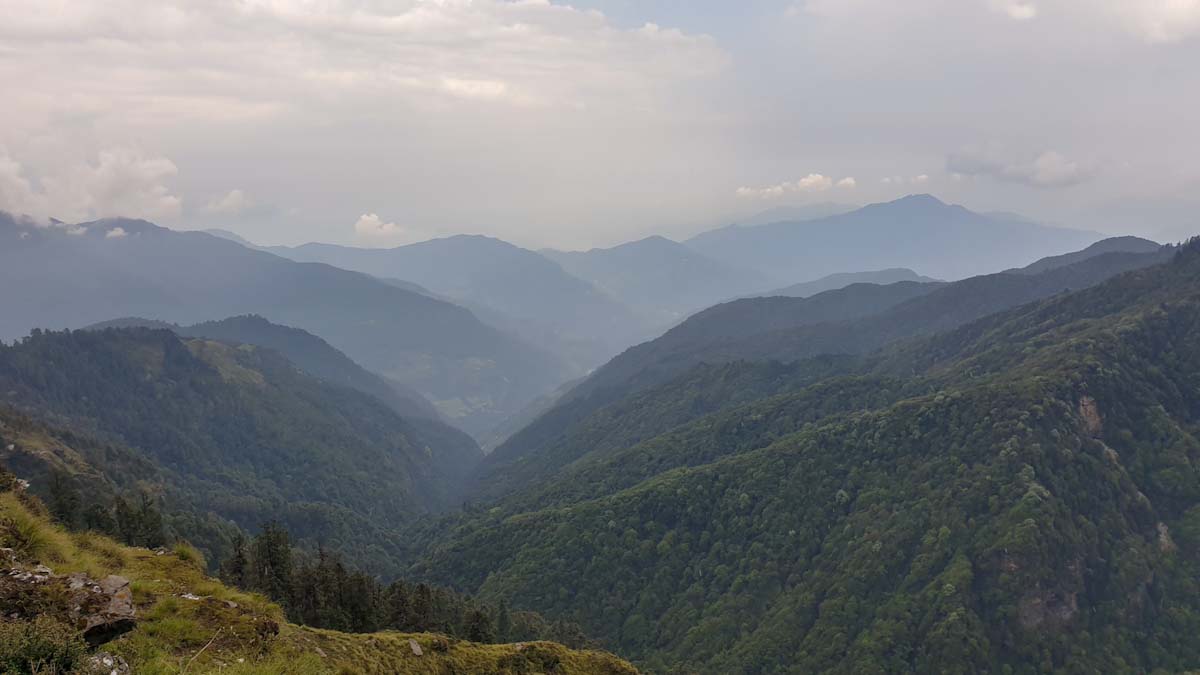
Travel in Nepal is super affordable
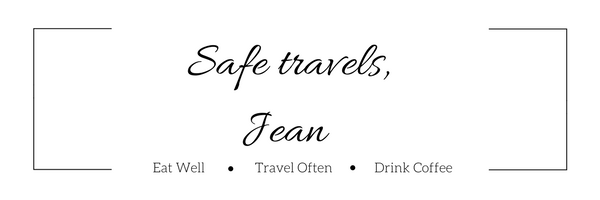
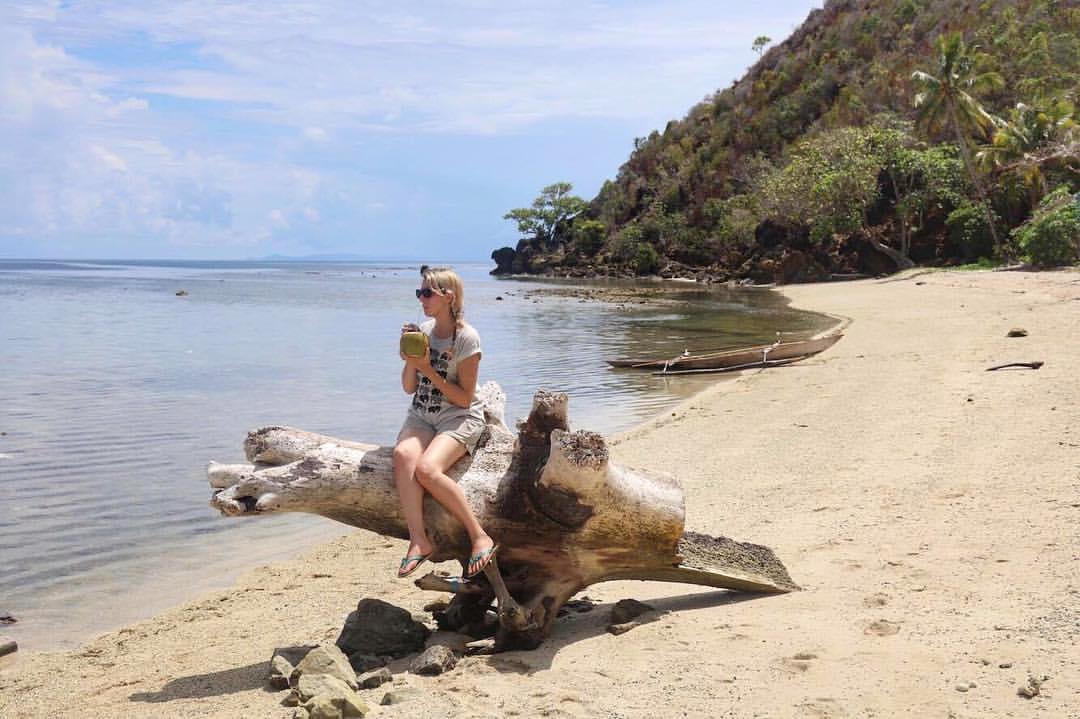
Jeanette
Founder, Principal Blogger & Coffee Drinker
Coffee Lover | Travel Blogger | Horse Rider | Adventure Racer | Donut Dame. Generally nice lady-enjoys wine, indie movies & random dance parties in my tent.
If You Liked This Post You May Also Like These Articles on Nepal:
Just a teeny tiny note on affiliate links – We are a participant in the Amazon Services LLC Associates Program, an affiliate program designed to provide a means for us to earn fees by linking to Amazon.com and affiliated sites. We’re also a member of a few others and may make a bit of coin on the side, this is at no extra cost to you.
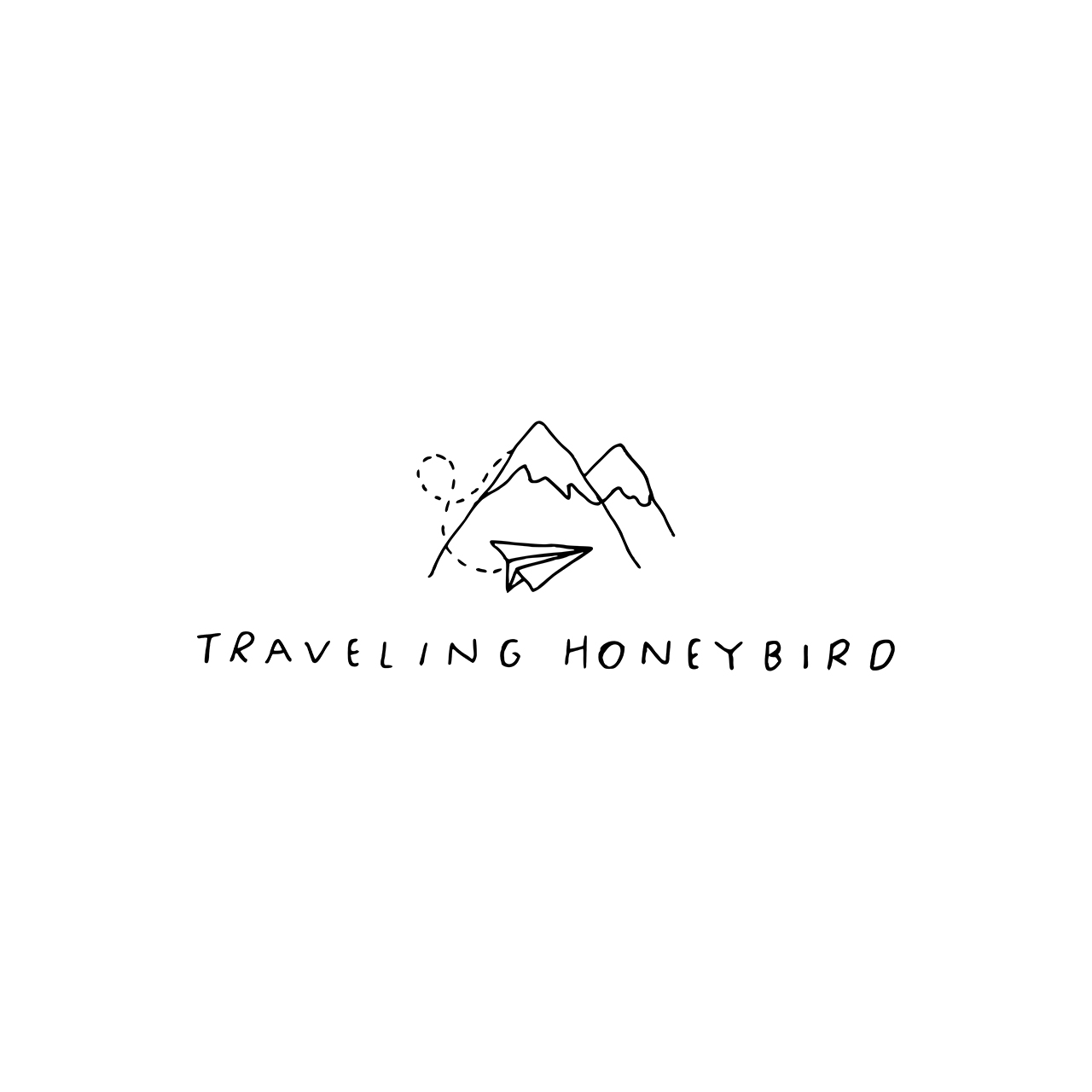
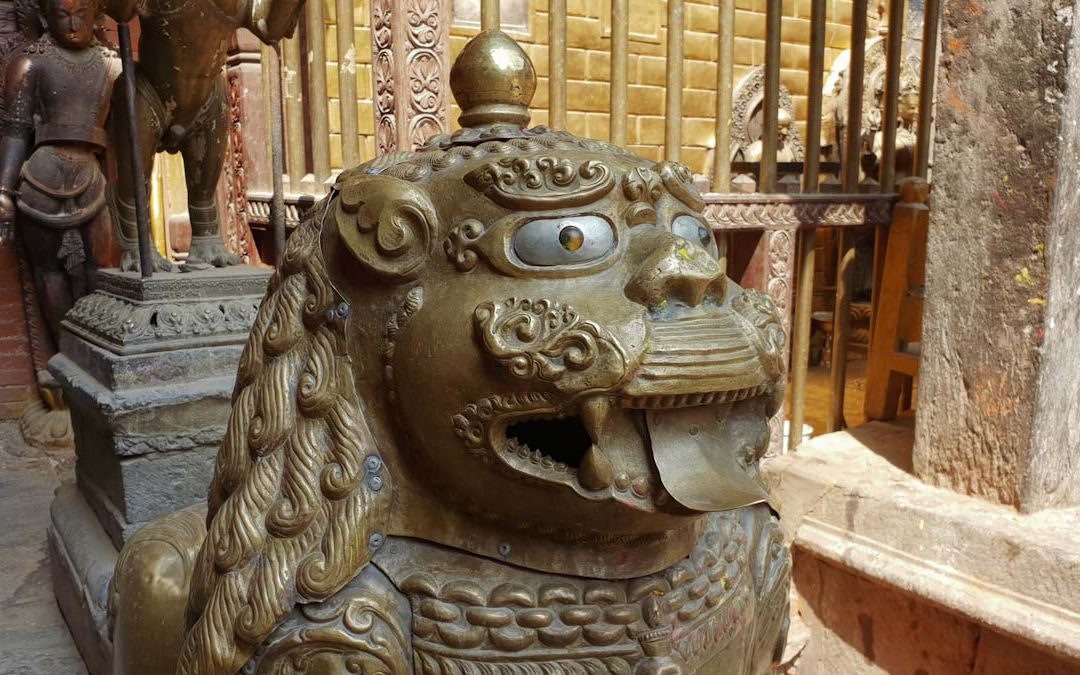

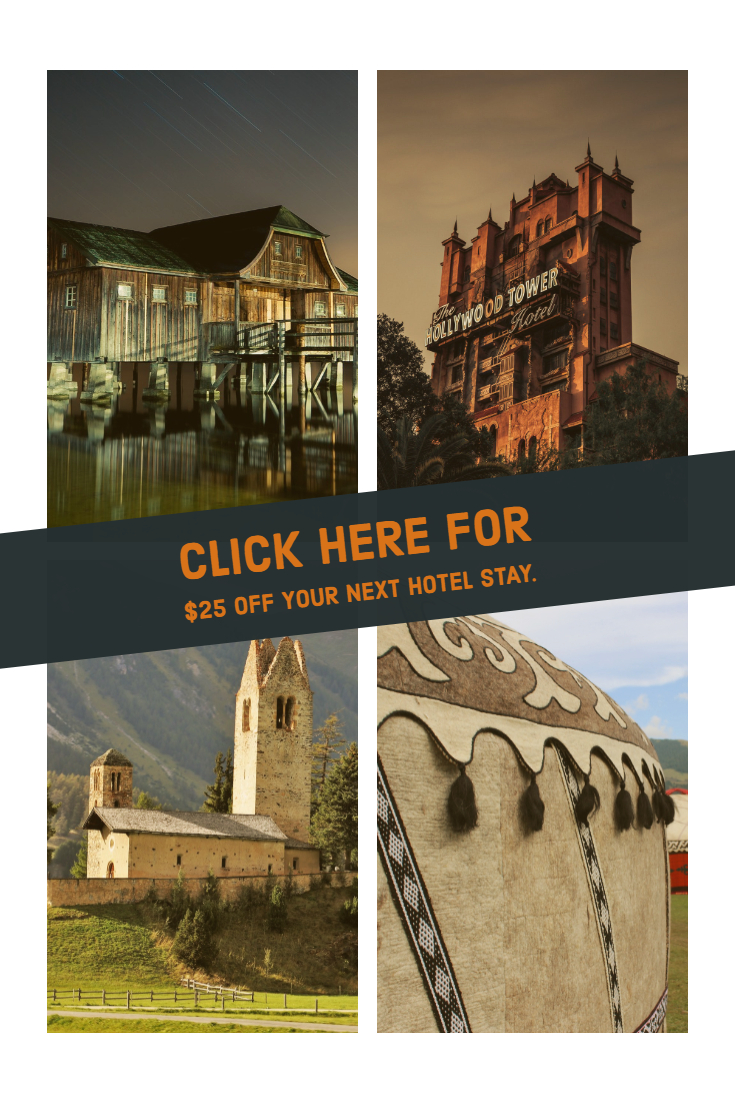
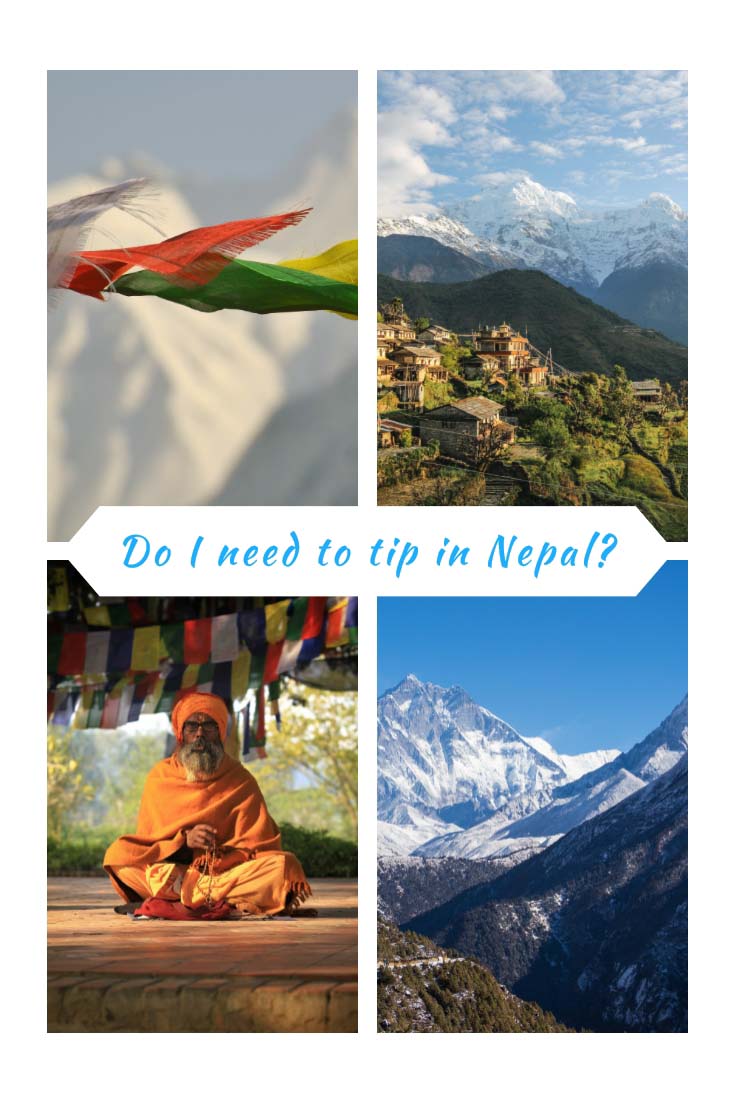


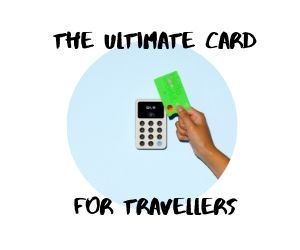


Tipping is something that I am always confused about when I travel. Each place has its own norms and it is hard to figure out. Having said that, sometimes I feel that your tipping depends on when you come from. For example – 10 USD might be ok for the West but for someone from Asia, it might be a bit high.
Traveling in Nepal is actually very cheap, and I totally agree to you that you really should be tipping. Thanks for giving us the idea of how much to tip during having food, staying in a homestay community, or to the porters while trekking. It gives me a good idea while budgeting my Nepal trip.
I always wonder about tipping when I travel and usually try to do a little research before I go to a new place. As a U.S. citizen, I am used to tipping, although I think it would be amazing if servers and the like received a fair wage instead. Although, having 2 kids with server experience, I know when you add their tips in, they usually come out ahead. It would be lovely it everyone was either paid their worth, or was able to make up for it by tipping. This is really fantastic information for if I’m ever in Nepal. I would rather overpay than not pay enough.
I disagree with the tipping system in USA. In Australia we pay fair wages, which includes annual leave, sick leave, superannuation (retirement fund) and healthcare. A much better option then just tipping, because in the long run your kids aren’t coming out ahead at all.
Actually, I tip everywhere I go – even if guidebooks or whoever says that in a country it’s not necessary. I read so often that you don’t have to tip in Germany – which is soooo false! You are considered very rude if you don’t tip about 10% – it’s less than in the US, but still, a tip is expected. My daughter has a job at a beach bar and funny enough, it’s Americans who do not tip since they read wherever that you don’t have to tip in Germany. As long as I can afford travelling I can afford tipping.
I’m the same as you, being English we don’t tend to tip. It can be confusing when I’m abroad to know whether I should be tipping or not! Articles like this are very helpful in letting people know the local customs!
When I was in London a lot of places added a service charge to my bill. It was a shock to the budget.
I’m glad that you’ve shared honestly that you struggled the idea of tipping, especially because since you’re raised in Australia. It can be hard to change that, or explore “why should I tip?” at first.
Culturally, for few of us Deaf people, we give a little tip because we often face obstacles to get job opportunities and experience several discriminations (even in the USA, etc). Some don’t like the idea to tip anywhere – but like what you’ve shared, we do also think about “why should I tip?” and explore our privileges as well. And they’re human beings too.
Tipping is easily the most confusing thing when travelling as a Brit. It just isn’t hugely common back home, but we know we’re meant to when abroad, so we blindly tip and hope for the best, so guides like this are great.
I feel ya on this one! It’s so confusing.
Thanks for the guidance on tipping in Nepal. Although an expat from the US, I have grown accustomed to the “pay the price you see'” philosophy in NZ. I always wonder what is customary when I travel outside of New Zealand.
Interesting information. How, when and how much to tip is always on the travelers’ minds. I’ve never been in Nepal, so it’s good to know what to expect.Unfortunately, after the Americans started almost pretending a 15% tip in restaurants, the rest of the world began considering it’s free season on tipping. Nowadays I see more and more countries expecting big tips from tourists, which is not OK.
I don’t think we can blame the Americans on this one issue.
Nepal is an amazing country with such friendly people, it’s wonderful to leave your spare change and tip those that really need the extra income, great tips and want to go back there again.
That’s awful. What a disrespectful thing to do. Just leave your “spare change” as if these aren’t people. That’s not what this guide is about.